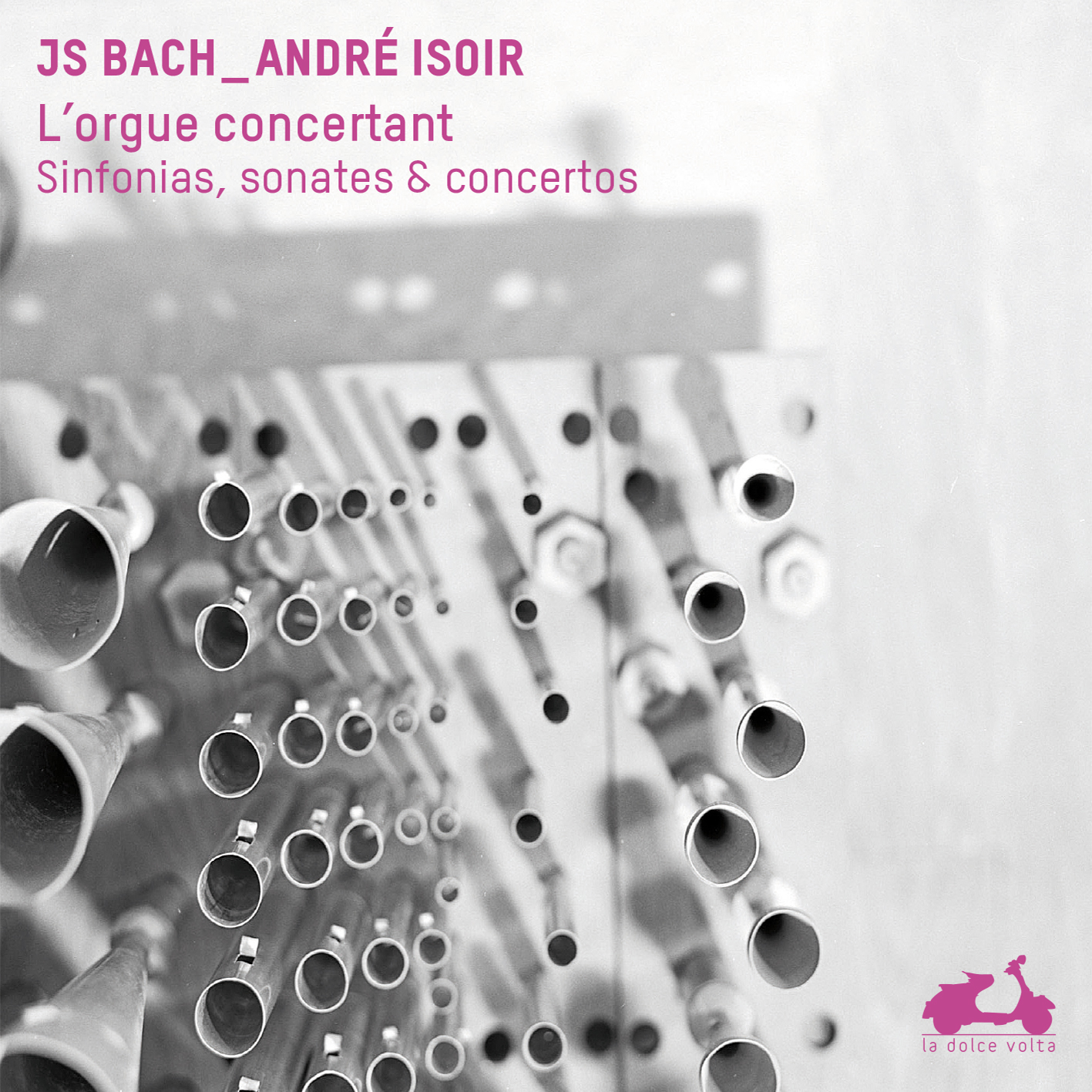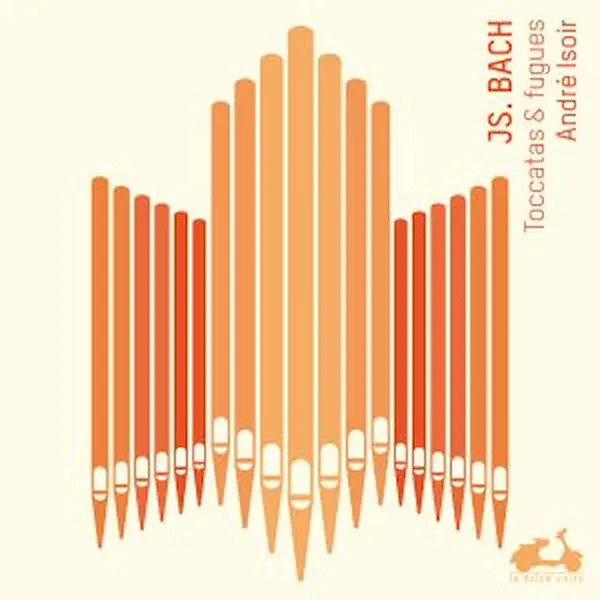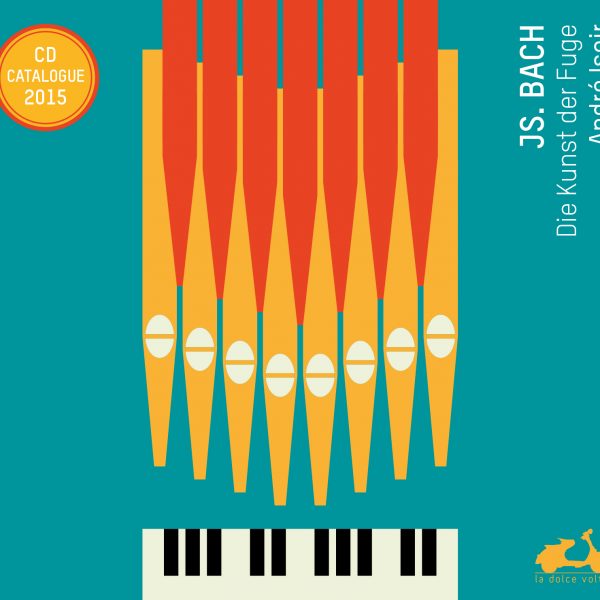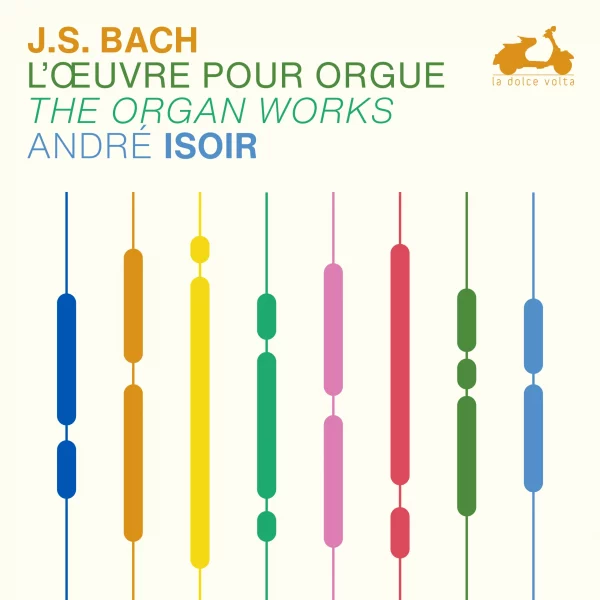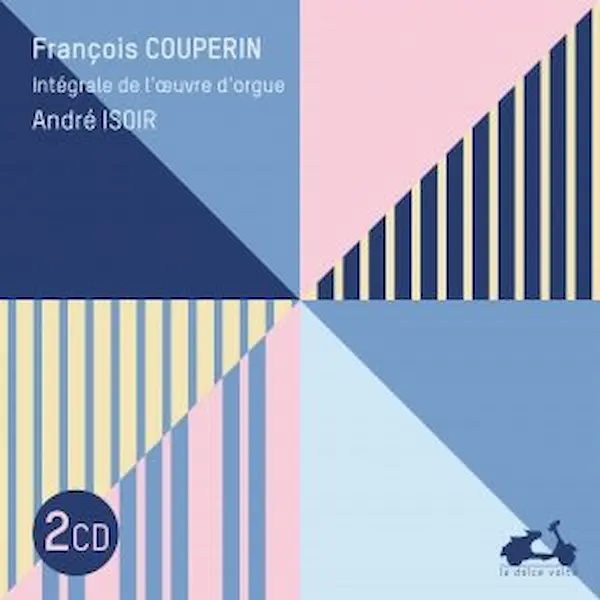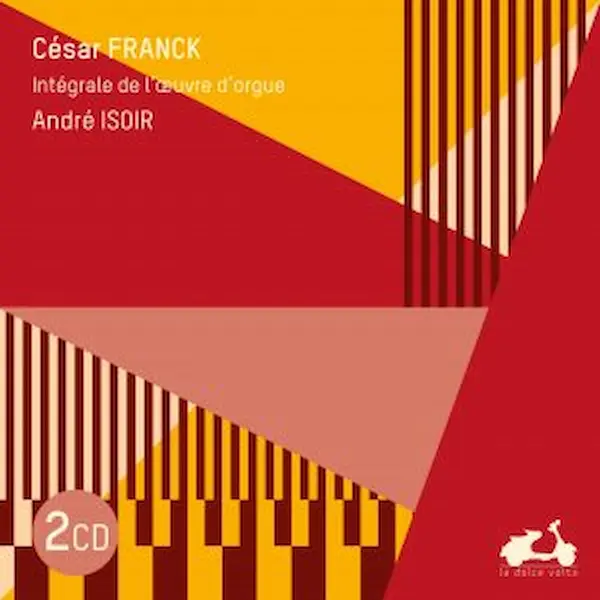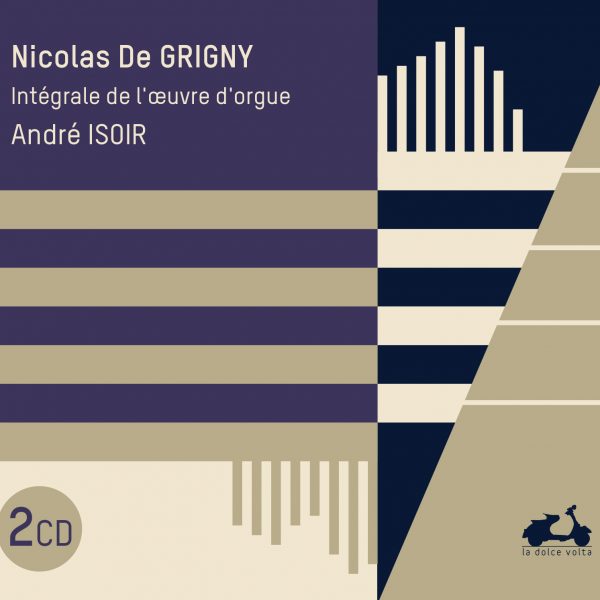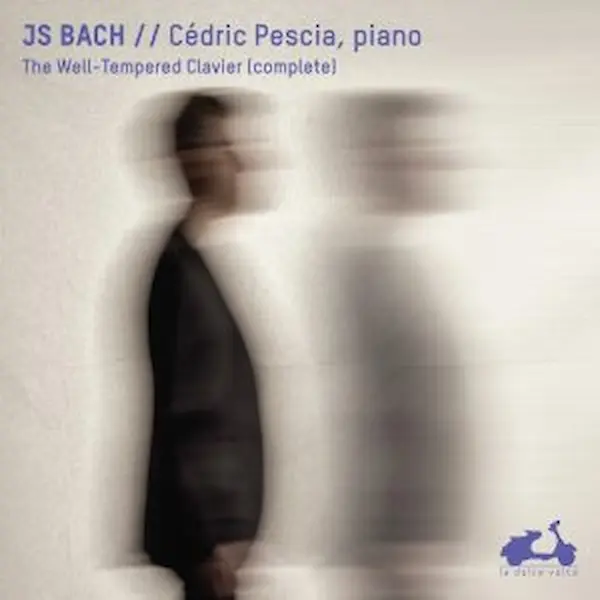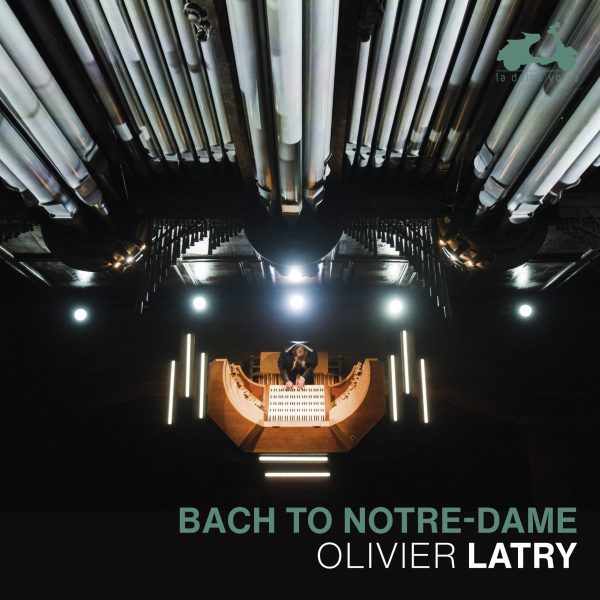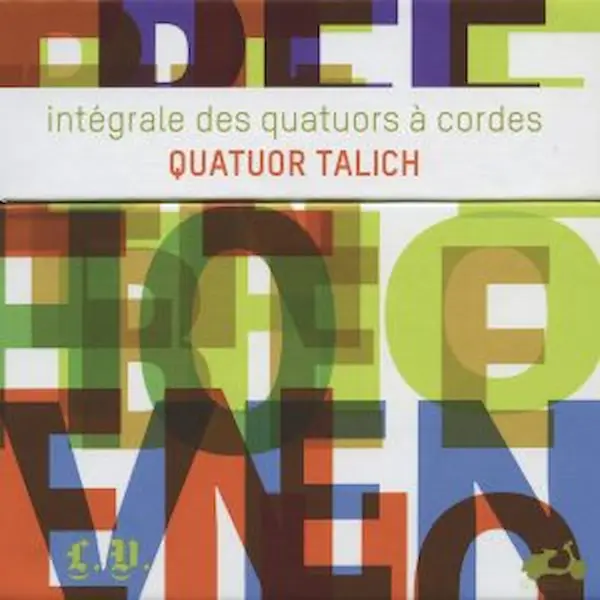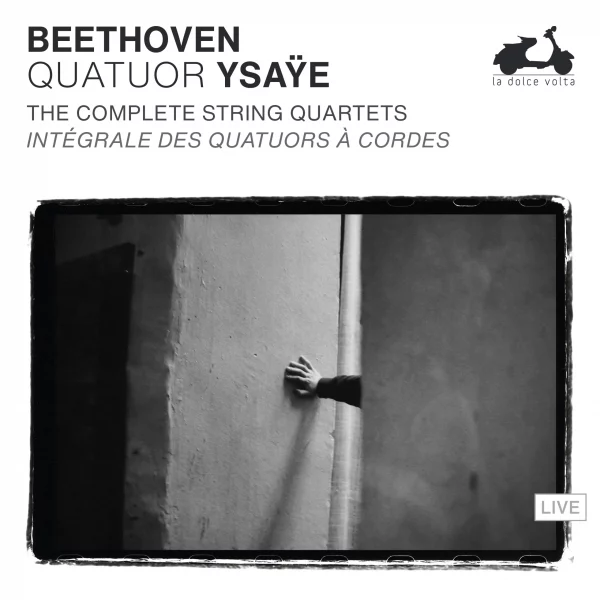Description
Here, interpreted by André Isoir, are Johann Sebastian Bach’s works for concertante organ, arranged in three programmes, specially compiled from his historic Calliope recordings, which intersperse the cantata sinfonias with obbligato organ, the concertos transcribed after Vivaldi, and the trio sonatas.
La Dolce Volta offers an original approach to this repertory, cultivating through three coherently arranged concerts an entirely new way of listening to pieces that are extremely diverse yet at the same time display close affinities, both in their reference to the model of the Italian concerto and in their virtually universal recourse to the principles of transcription and arrangement. Here are fifteen of Bach’s most important organ works, deriving from the different worlds of the solo keyboard, the orchestra, and the sacred cantata, underlining the unity of a creative philosophy that rises above above any specific medium.
André Isoir presents to us here one of the liveliest facets of Bach’s art of rhetoric, the testimony of an imagination soaring free of all constraints.




